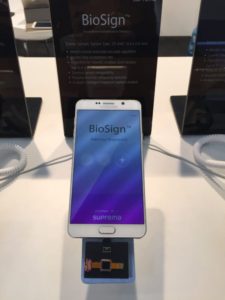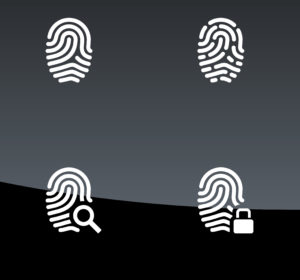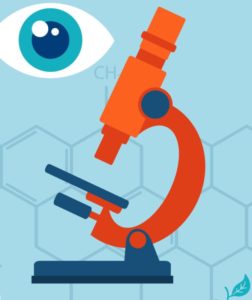Earlier this month at Mobile World Congress in Barcelona, FindBiometrics president Peter O’Neill had a chance to speak with Dr. Brian Song, Vice President, Suprema. Best known for its physical access control biometrics products, Suprema was at MWC demonstrating its BioSign solution, which signals the company’s aggressive move into the mobile market.
Here are four big takeaways about BioSign from our conversation with Dr. Brian Song, Vice President, Suprema:
-
BioSign is Suprema’s big move into the mobile market
 BioSign is Suprema’s newest mobile fingerprint biometrics solution, signalling an expansion in the company’s target markets.
BioSign is Suprema’s newest mobile fingerprint biometrics solution, signalling an expansion in the company’s target markets.
“As you know Suprema has been involved in access control, and public ID, and embedded fingerprint model,” said Song. “Now we are moving towards the mobile industry due to the increased attention biometrics gained following the Apple launch of Touch ID. There is a huge demand now for biometrics for mobile devices and IoT…”
Song continued: “Suprema is following this trend and, in fact, our competitors are ahead of us. However, based on our experience, we are sure that we can catch up to our competitors. We are targeting mobile, especially smartphone manufactures for BioSign.”
-
Manufacturers are targeting smaller fingerprint sensors
 According to Song, manufacturers are targeting smaller size sensors for budgetary reasons.
According to Song, manufacturers are targeting smaller size sensors for budgetary reasons.
“The reason is that they can reduce the cost if they reduce the sensor size because the sensor size is directly related to sensor costs,” said Song. “Everyone is looking for cheaper solutions these days.”
Further expanding on the state of the mobile biometrics market that Suprema is targeting, Song spoke about the company’s reaction to this trend.
“Chinese brands are leading the market now. We saw the trend in the mobile space and decided to take a shortcut and focus on developing new technology and algorithms for a smaller sensor. Manufacturers will be very interested in our product.”
-
BioSign supports the world’s smallest sensor
 That shortcut Suprema took ended up paying off with this latest offering. Suprema’s mobile fingerprint solution supports the world’s smallest fingerprint sensor, which measures in at 4x4mm. Song pointed out that this is smaller than Touch ID. What’s more, BioSign addresses the challenge of integrating such small sensors.
That shortcut Suprema took ended up paying off with this latest offering. Suprema’s mobile fingerprint solution supports the world’s smallest fingerprint sensor, which measures in at 4x4mm. Song pointed out that this is smaller than Touch ID. What’s more, BioSign addresses the challenge of integrating such small sensors.
“Providers are looking for this solution but there are many technical challenges which BioSign overcomes,” said Song. “The BioSign algorithm is the world’s fastest and most accurate, according to our tests, while also demonstrating the lowest FAR rates. It also requires the minimum computing resources. Scanning your finger, authenticating it, and memory usage requires battery power– so saving battery power is a key. BioSign requires minimal computing resources and according to our tests it requires half of the resources compared to our competitor’s solutions—4MB compared to 8MB. BioSign is guaranteeing dynamic sensor compatibility so we can support any type of sensor.”
-
BioSign uses deep learning technology and is super fast
 Elaborating on the benefits of BioSign, Song painted a picture of a super fast, highly accurate and extremely space efficient fingerprint biometrics solution.
Elaborating on the benefits of BioSign, Song painted a picture of a super fast, highly accurate and extremely space efficient fingerprint biometrics solution.
“BioSign also has In-Depth Intelligent Fingerprint Analysis which is a type of deep learning technology,” he said. “As the sensor size becomes smaller the error rate increases. BioSign supports the smallest sensors yet has the lowest error rate and guarantees it. Also our authentication speed is the best at 0.1 seconds compared to competitor’s 0.3 -0.6 seconds. So in terms of size, cost, accuracy, and speed we feel we have the leading technology.”
*
March 22, 2016 – by Peter B. Counter


Follow Us